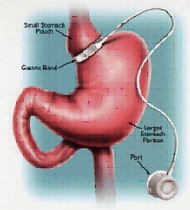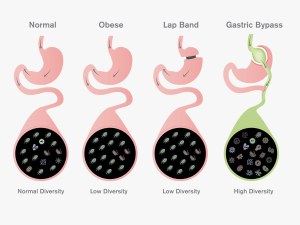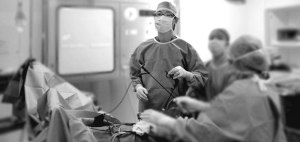Study Reveals Bariatric Surgery Rapidly Decreases Liver Volume and Fat
A graduate of the National University of Singapore, Dr. Eric Gan Keng Seng has been practicing medicine for over two decades. Focusing his practice largely on bariatric, gastric and oesophageal cancer, and upper GI surgery, Dr. Eric Gan serves as a consultant surgeon at Mount Elizabeth Novena Medical Centre and is also the director of Bridge Bariatrics.
In June 2017, researchers from the Center for the Future of Surgery at the University of California, San Diego revealed that bariatric surgery results in rapid decreases in liver fat density and volume, thus making it a preventative option for patients who are at risk of developing non-alcoholic fatty liver disease (NAFLD).
The study was presented during the annual meeting of the Society of American Gastrointestinal and Endoscopic Surgeons. This was a multi-institutional study that looked at 49 patients who were eligible for bariatric surgery according to the National Institutes of Health’s criteria.
These individuals underwent a total of five MRI scans during the course of the study. One scan each was scheduled for one, three, and six months following a bariatric procedure, and the remaining two scans occurred prior to the operation at baseline and following a preoperative liquid diet.
According to the results, liver volume following a two-week liquid diet improved by 12 percent among patients. Liver volume decreased even further after surgery and, between baseline and one month post-op, patients had lost around 21 percent of their total liver volume. Further, this volume remained steady over the next five months.
Meanwhile, liver fat concentration decreased by around 71 percent and more than 80 percent of patients has a proton density fat fraction (PDFF) below the cutoff for NAFLD by the six-month post-op mark.


